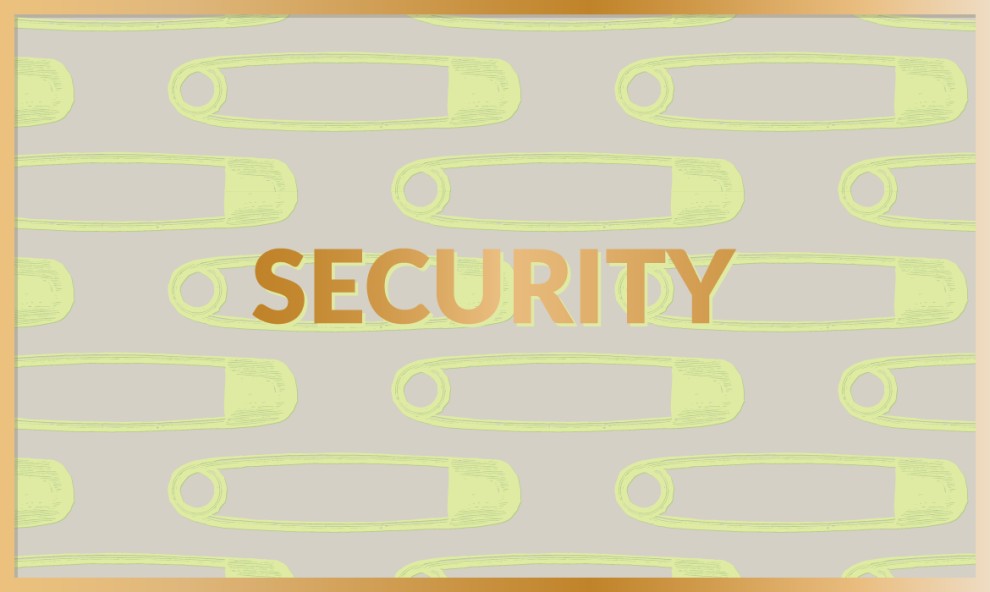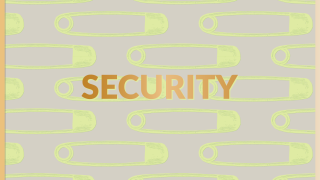“Perfect storm” is an expression that describes an event where a rare combination of circumstances will aggravate a situation drastically. That’s what Mexico seems like these days. The total absence of governmental response to the events of Iguala exposed the cesspool, affording the opportunity for all of the resentments, fears, angers and opportunists to come to light. Like the proverbial Pandora’s Box.
Hypotheses abound on what led to the actual moment and the government’s lockjaw, but none explain the reaction of the population. It seems to me that there are two ways to interpret the current moment.
The first brings to mind the beginning lines of Zapata, where Womack says that Zapata’s was the story of peasants who didn’t want to change, and that’s why they ended up in a revolution. Clearly, there are many Mexicans who refuse to change, who want to safeguard their lifestyles, some ancestral and others not so much so. Some want to bring about a revolution. There is also a deep thirst for justice on all planes and it is ironic that it has been the poor who have placed the government in checkmate.
At the same time, the sudden growth of urban violence is an indication of the capacity of manipulation and opportunism of some politicians, but also of the profound discontent in which the country nestles. Burnings of municipal palaces, highway barricades and the attempt to destroy (and perhaps enter) the National Palace suggest a great backlog of anger but, more important, an acute political strategy. These are plainly not spontaneous events.
Another possible interpretation, not exclusive from the first, is that there has been a brutal reaction on the part of Mexican society to the illusory veering back to the past that the present administration has undertaken. It’s not only the population that refuses to change but above all the one that aspires to exactly the opposite: construct a solid platform of development, advance towards a better future and carry out the transformation that so many administrations over the decades have pledged but never delivered. Some prefer to keep the past alive (or recreate their own), some yearn for a better future.
What’s peculiar about the moment is that both groups are incensed, while for distinct reasons. With its actions, the government triggered the current crisis; its inaction has made it explosive. The perfect storm was produced because the government achieved bringing together against it the totality of Mexican society: opposing and dissimilar groups and interests whose sole point of confluence, at least to date, is its rejection of the forms, excesses and abuses of the administration.
Evidently, there is no unique factor that has caused the prevailing situation. For some it was taxes; for others media censorship; for all it has been the unwillingness of the government to face up to the security situation: above all abduction and extortion. In its eagerness to control everything, the government bolstered immoderate expectations that have not been (nor could they be) satisfied. The combination of outrage, resentment and the sensation of having been deceived has generated drastic reactions -some very visible but others no less transcendent- which can’t lead to anything good. The point is that this has given rise to a confluence of circumstances that threatens not only to affect the government, but that entails the seeds of a process of a rapid-fire deterioration.
At the forefront of all this, the government is perceived as lost, in the dark and incapable of responding. If anything is crucial in algid moments like this it is the presence of a government in charge that avoids exacerbation of the crisis. But it hasn’t been like that: in its manner of conducting itself during these two years, the government has been distant and arrogant, an attitude reminiscent of the manner in which the Americans went to Iraq to save that country. Now that it has engendered crisis, it’s time to act.
The way that the government reacts will have fundamental implications. In concept, the government can respond in two ways: one, recognizing that it has a problem and asking itself, “How can I solve it?” The alternative would consist of responding with “Who did this to me”? The first could lead to the successful confrontation of the challenge, with luck achieving the objectives that the government proposed, even if in different fashion. The second alternative would be to track down the “guilty”, which would lead to the identification of scapegoats, intensifying the crisis, deepening it and risking the government’s own viability. We Mexicans have seen this movie many times before and the last few days have not been encouraging.
The moment is excruciatingly delicate and tends to be inflamed for two reasons: first because the government is MIA. There aren’t responses, there’s not even an attempt at leadership. The other reason is that even in the instances in which the government has responded, its response has been evasive. No government worthy of self-respect can tolerate the National Palace being set afire: however, the present government not only didn’t react to the conflagration attempt of the front gate of the National Palace, but the few individuals who were arrested were freed in a few hours. Sensitivity toward potential police abuse is good, but the distance between evasion of responsibility and anarchy is not great.
As the saying goes, when one is in a hole the first thing to do is stop digging. What’s important today is not who did what but how to get out of the hole Mexico is in. The country and government are faced with ground zero problems and those are the ones that should be seen to.







Comments